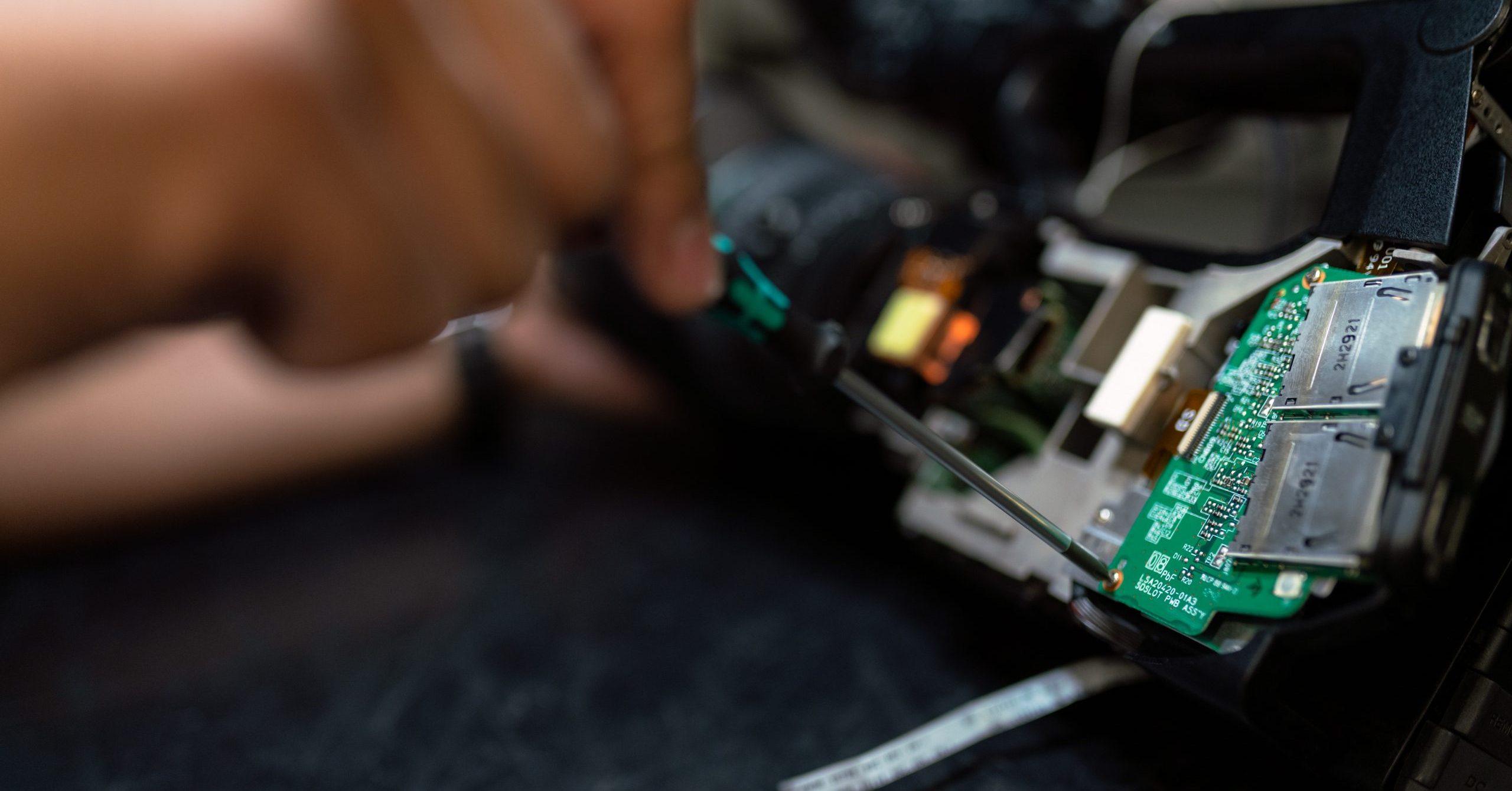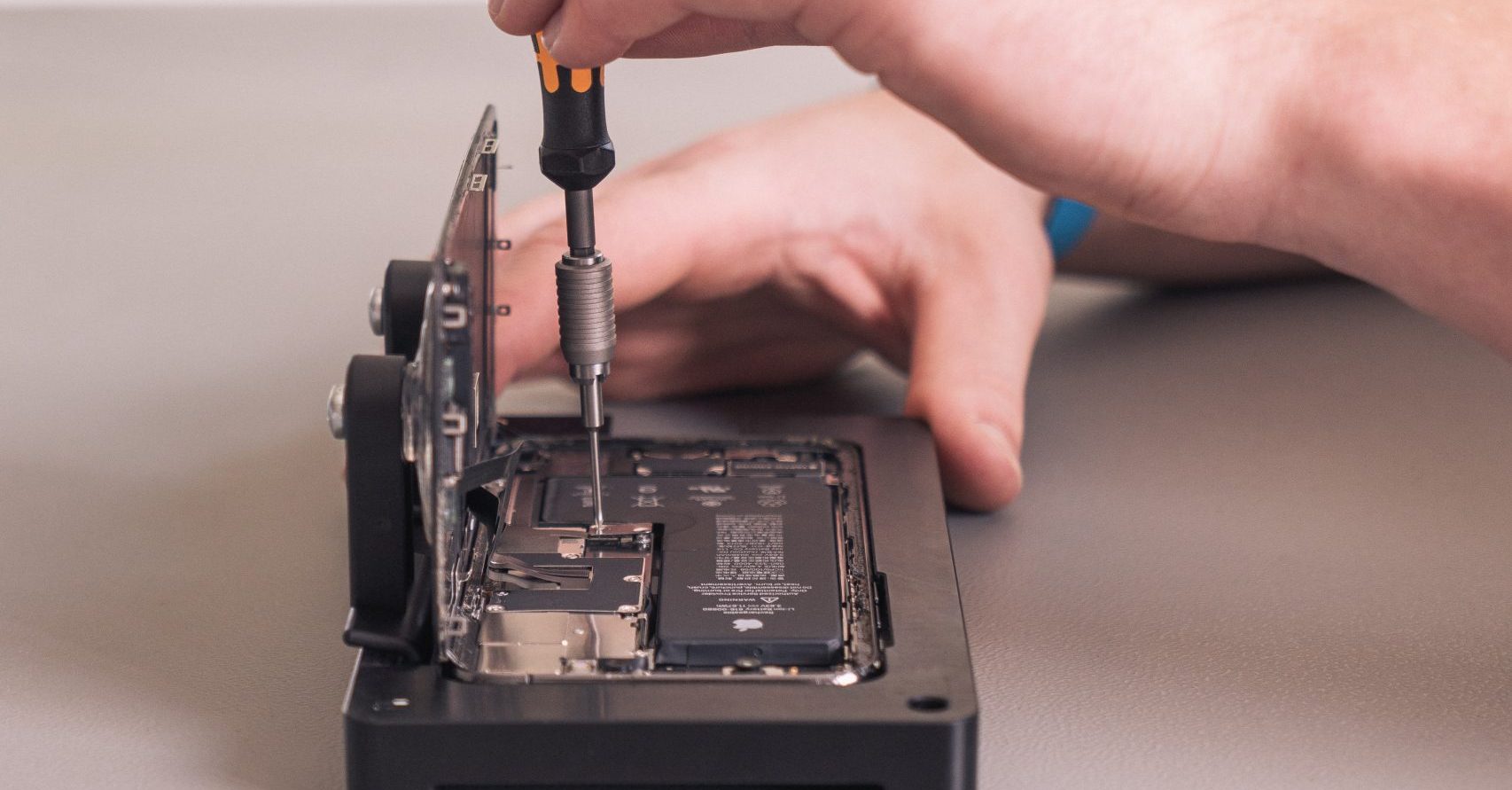Litigators Who Don’t Know Enough About eDiscovery Should Be Afraid, Very Afraid
Originally published on Above the Law. By Jeff Bennion It seems like I can’t go to an eDiscovery CLE without someone talking about California’s Proposed Formal Opinion 11-0004. It’s probably my fault, at least in part. For those of you who only go to interesting CLEs, allow me to summarize: it’s…












